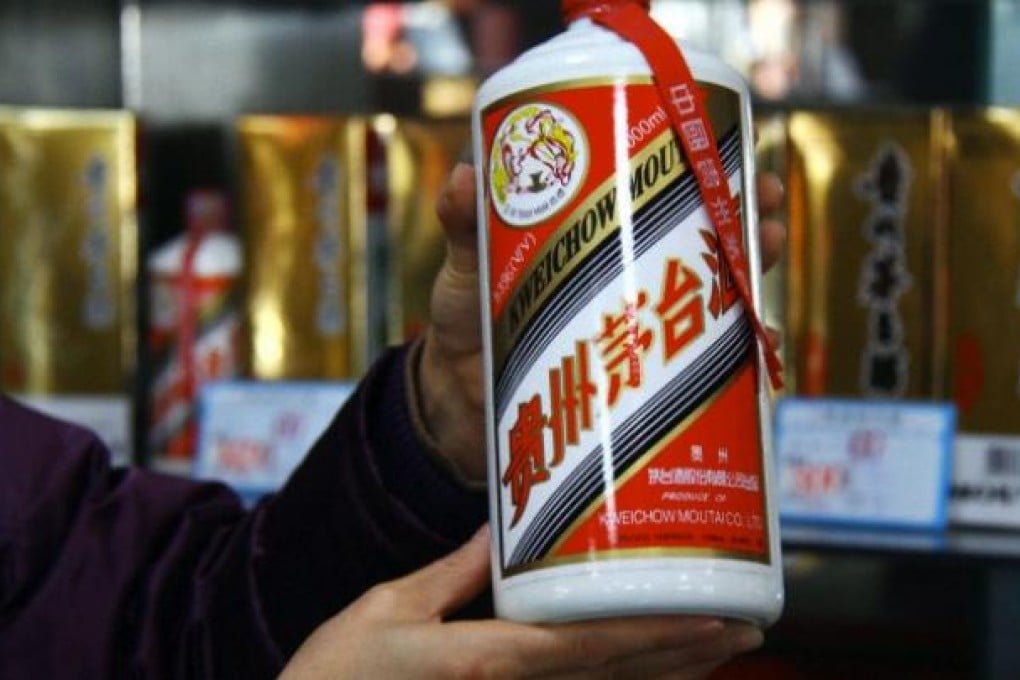Opinion | SABMiller thirsts for China market
Foreign spirits makers are likely to make bids for some mid-tier baijiu makers in the next two years as the market consolidates

Western alcoholic beverage giant SABMiller (London: SAB) is making headlines for its newly announced deal to buy a major Chinese beer maker, raising the interesting possibility that other foreign firms could soon make bids for makers of traditional baijiu liquor. For those who don't follow the China liquor market too closely, baijiu makers have been under pressure since the beginning of the year, when media first began reporting that their products contained unsafe levels of plasticisers. The ongoing crisis could provide some interesting buying opportunities for foreign alcoholic beverage makers like SABMiller and Diageo (London: DGE), which are eying a bigger share of China's massive market for alcoholic beverages.
But while the big foreign names have developed a strong presence in the domestic beer market, they have yet to develop a strong presence in the market for traditional baijius, which typically contain 40 per cent alcohol and higher. While such spirits aren't very popular among younger consumers in major cities like Shanghai and Beijing, they still retain a big audience in smaller cities and among China's older generation, many of whom grew up drinking such liquors.
But a new series of developments in the baijiu arena have hit shares and valuations of many players, providing an interesting buying opportunity that could see some western players make bids similar to Diageo's to get a slice of the market. Many baijiu shares have been hammered over the last month, following a series of media reports that showed many of the liquors contained unsafe amounts of plasticisers. those plasticisers were believed to enter the biajius through plastic containers used in the brewing process, and most brewers have said they are taking steps to eliminate the problem.

